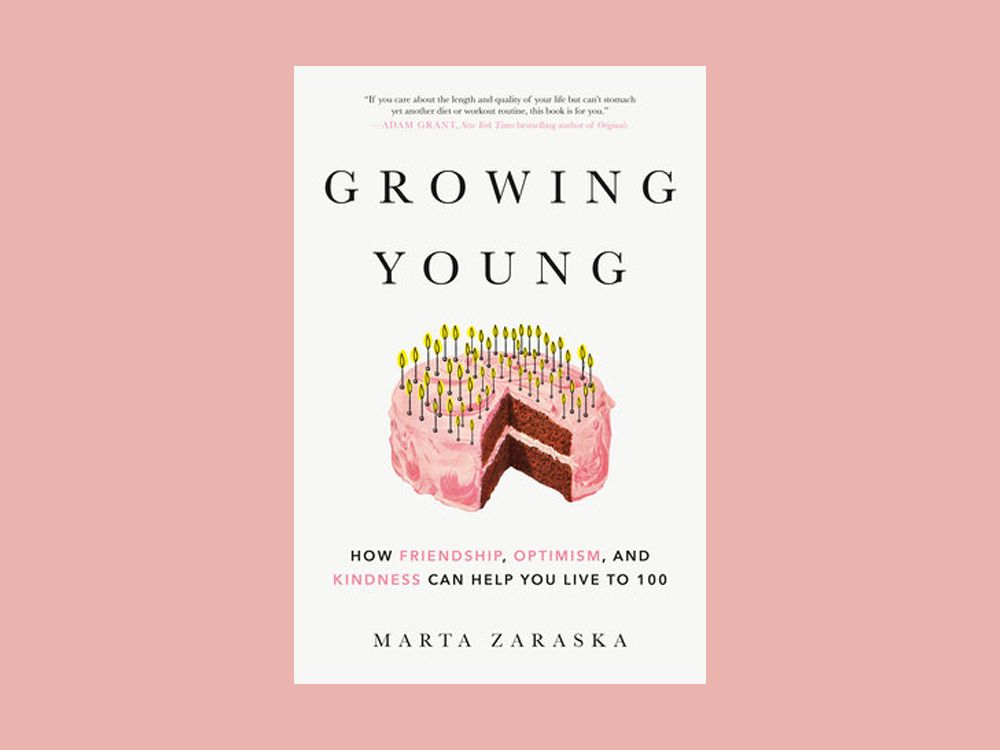men who view their marriage as unsuccessful are more likely to die an early death from stroke, according to a new study that says rough relationships are as harmful to health as smoking or living a sedentary life.the study, conducted at tel aviv university in israel and
published in the journal of clinical medicine, also found that unhappy husbands face an increased risk of death from any cause.“our study shows that the quality of marriage and family life has health implications for life expectancy,”
said shahar lev-ari, one of study’s authors and head of the department of health promotion at tel aviv university’s school of public health. “men who reported they perceived their marriage as failure died younger than those who experienced their marriages as very successful. in other words, the level of satisfaction with marriage has emerged as a predictive factor for life expectancy at a rate comparable with smoking (smokers versus non-smokers) and physical activity (activity versus inactivity).”the study relied on 30 years of health data that tracked the lives and deaths of 10,000 israeli state employees beginning in the 1960s, paying close attention to deaths from cerebrovascular accidents (strokes) and all-cause mortality. participants, who were in their 40s when the longitudinal study began, were asked early on to rate their overall level of satisfaction with their marriage on a scale of 1 (very successful) to 4 (very unsuccessful).
researchers were surprised to discover that this measure was as predictive a factor of life expectancy as smoking or a lack of physical activity. the number of men who died from a stroke was 69 per cent higher among men who felt their marriage was very unsuccessful compared to those who felt the exact opposite.in terms of deaths from any cause, happily married men enjoyed a 19 per cent advantage, suffering 248.5 deaths compared to 295.3 among gloomy grooms. interestingly, the gap between the two groups was larger at younger ages closer to the beginning of the study.a statistical analysis including all known risk factors that can lead to death from cardiovascular diseases — such as
diabetes, hypertension and socioeconomic status — found the relative risk of death for any reason was 1.21 higher for those in unhappy unions compared to those wrapped in the warmth of wedded bliss.“it’s important to note that we observed a higher risk among relatively young men, under the age of 50,” lev-ari said. “at a higher age, the gap is smaller, perhaps due to processes of adjustment that life partners go through over time. these findings were consistent with other studies that have shown the effectiveness of educational programs fostering good life partnerships as part of a national strategy to promote health and wellness for the public at large.”the research offers compelling evidence that committed relationships yield a wealth of benefits that contribute to longer, healthier lives. “studies show that people who live together, but who do not have the kind of certainty of knowing that they are going to stay together, don’t get the health benefits of staying in their relationship,”
said marta zaraska, a science journalist and the author of
growing young: how friendship, optimism and kindness can help you live to 100.“a committed relationship is the biggest health boost you can get, especially if you are a man — mostly because women tend to remind men to eat healthy and exercise and take their medications, for example. it’s also important to recognize the biological art of connection. there’s touch and eye contact but also, just being side by side, our bodies get in tune and the rhythm of our hearts synchronize.”
dave yasvinski is a writer with healthing.ca
 3 minute read
3 minute read









